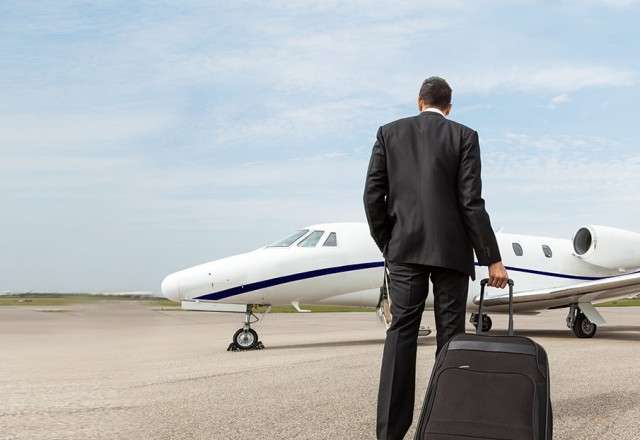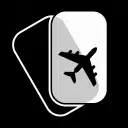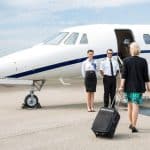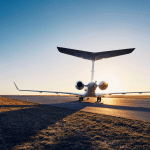The Return of the Business Jet Traveler: How Travel Helps Business Recovery
It’s been a long road to recovery already, and we’re not even passed the one-year mark from the time the pandemic was declared. It’s affected all forms of travel, but the impact felt by reduced business travel is rippling into many different industries and affecting more people than originally thought.
The introduction of a new way to do business
When all travel around the globe came to a stand-still, business jet travelers found themselves playing by a new set of rules: corporate events were canceled, and in-person meetings were booked through virtual platforms from the comfort of their homes.
Though it’s important to think about things like mergers and acquisitions taking part between parties in different countries under different time zones. Schedules like those can be challenging to accommodate appropriately. Virtual meeting platforms, though helpful, are a temporary band-aid, not a long-term solution.
A look at business travel during a recession
During the 2008 global recession, business travel declined more than 13 percent. Compared to travel for leisure, which recovered in just two years, business travel didn’t fully rebound to pre-recession levels until five years later.
While those numbers will likely look different today, it’s helpful to see how the business travel sector has fared in the past.
Preparing for the road to recovery
As we start to adapt to the current landscape of the economy, business travel will eventually return to pre-pandemic levels.
As Edzard Reuter, CEO of Daimler-Benze once said, “A business is a living organism. There will always be a point where the environment changes, the competition changes, something critical changes, and you must realize this and take the leading role in meeting change.”
To plan for the return to business travel, corporations are being met with a new set of challenges. Some of the long-term recovery plans centring around travel include:
- Developing considerations for wellness in relation to travel
- Creating structured programs and policies around a return to travel
- Making mental wellness programs accessible to the business jet traveler and other employees
The necessity of business travel in the future
Though it took nearly five years for the bizav community to return to normal following the global recession in 2008, it’s really hard to judge how that will look in a post-pandemic world.
However, CEOs across the world know the value of business travel.
When asked why he spends so much time in the air for business, the CEO of Gillette, Al Zeien, offered this:
“I travel because that’s where the people are. I travel because I want to be sure that people who are making the decisions in, say, Argentina have the same reference base as I do for the company. I want to make sure they are all using the same ground rules I would use. I want to see if they have the same ground rules I would use. I want to see if they have the same objectives. I travel because you can only find these kinds of things on the home ground.”
What a business jet traveler can expect moving ahead
As it’s done before, business travel will return. And looking into the future, business travelers will likely find the travel experience improved, with health and safety procedures, like enhanced cleaning measures, taking top priority.
If you’re ready to return to travel in one a private business jet charter, reach out to a private flight advisor at Stratos Jet Charters – 888-593-9066
Are you ready to book your Los Angeles to Cabo charter flight yet?
Our friendly, expert air charter agents are here to answer questions or start your quote today. Don`t wait, call now and we'll get you on your way to your destination!
Call 888-593-9066











